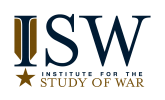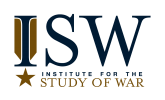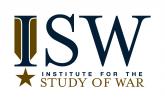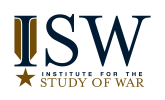Russian Offensive Campaign Assessment, December 22
December 22, 2022 - ISW Press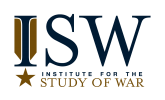
Russian President Vladimir Putin continues to refuse to treat Ukrainian President Volodymyr Zelensky as an equal and sovereign counterpart, further indicating that Putin is not interested in serious negotiations with Ukraine. Putin did not react to Zelensky’s remarks to the United States Congress in Washington, DC on December 22, but instead oriented his December 22 press conference on US and Western influence over Ukraine. Putin reiterated his boilerplate and false claims that the US and Western countries have intervened in Ukraine since the Soviet Union, driving a wedge in the supposed Russian-Ukrainian historic and cultural unity. Such statements are meant to suggest that Ukraine’s 1991 emergence as a sovereign state was a sham. Putin also restated Russia’s maximalist goal of “protecting” the Ukrainian people from their government, implying that Russia intends to force the Kyiv government to capitulate. Putin mentioned Ukraine as a state only to note falsely that Ukraine had barred itself from negotiating with Russia.


